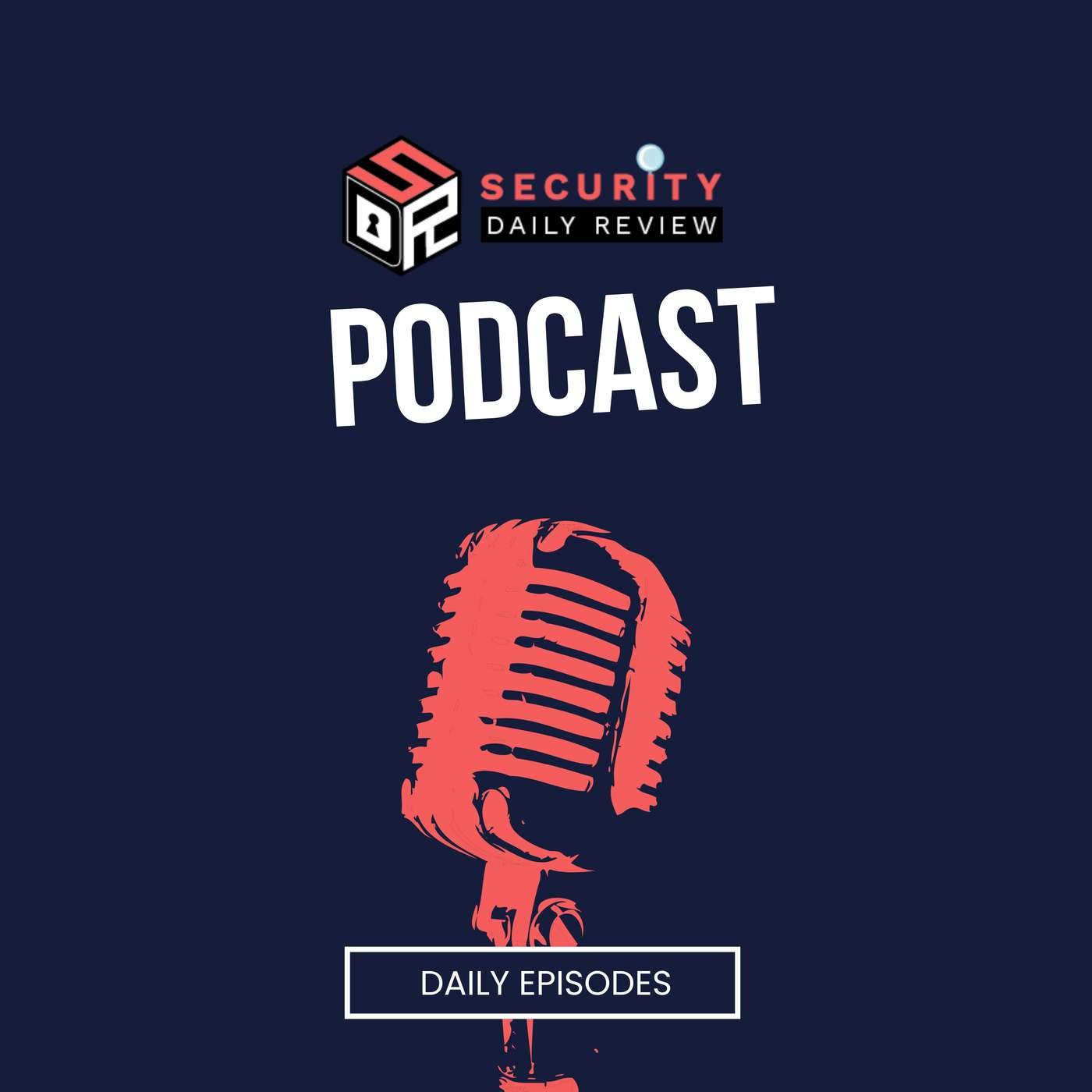A critical vulnerability in Docker Desktop, CVE-2025-9074, has shaken the container security world. Scoring 9.3 on the CVSS scale, this flaw exposed an unauthenticated Docker Engine API (192.168.65.7:2375) to any container running on Windows and macOS. With nothing more than a few HTTP requests—or even three lines of Python code—attackers could escape their container boundaries and manipulate host files. On Windows, this meant full system compromise: mounting the entire C: drive, stealing sensitive data, or overwriting system DLLs for administrator-level control. On macOS, while user prompts and lower privileges offered partial safeguards, attackers could still tamper with Docker itself. Linux users, however, were spared thanks to different API communication mechanisms.
Docker quickly released a patch in version 4.44.3, closing the unauthenticated socket and tightening internal API controls. But the incident serves as a stark reminder: containers are not virtual machines. They are processes running on the host, and when isolation breaks, attackers can directly reach into the system beneath them. Even advanced features like Enhanced Container Isolation (ECI) don’t guarantee full protection.
In this episode, we explore how researchers discovered and exploited the flaw, the mechanics of container escape, and the broader implications for enterprises and developers. We discuss why Docker Desktop—often treated as “developer tooling”—should be handled as a privileged security component, why timely patching is critical, and how simple misconfigurations can lead to catastrophic consequences.
Beyond CVE-2025-9074, we highlight Docker security best practices:
- Always update Docker promptly.
- Run containers as unprivileged users.
- Avoid exposing the Docker daemon socket.
- Use trusted images and scan them for vulnerabilities.
- Carefully manage host filesystem and network access.
- Monitor for abnormal API calls from inside containers.
- For Windows, prefer Hyper-V over WSL2 for stronger isolation.
The key takeaway: containers are powerful but not inherently secure. Treat them as processes with potential host impact, and build defense-in-depth strategies that assume boundaries can and will fail.
#Docker #CVE20259074 #ContainerEscape #Cybersecurity #Linux #Windows #macOS #CloudSecurity #DockerDesktop #DevOps #ContainerSecurity #DefenseInDepth







